Plenary Keynotes
Building a more resilient and reliable field of software engineering
Abstract: Science is one of humanity’s greatest inventions. We depend on it to address some of society’s most pressing challenges in human health, planetary wellness and economic development. But one of science’s new challenges is the well being of science itself. The reproducibility crisis, publication bias, p-hacking, and misaligned motivations are just a few of the maladies of the research enterprise. Turning the microscope on science and technology, this talk will address these issues with a focus on how the research field of software engineering can become more resilient to misinformation through refined research practices, modified publication norms, and training in how to spot and refute bullshit wrapped in data deference, statistical black-boxes, and overly confident algorithmic design.
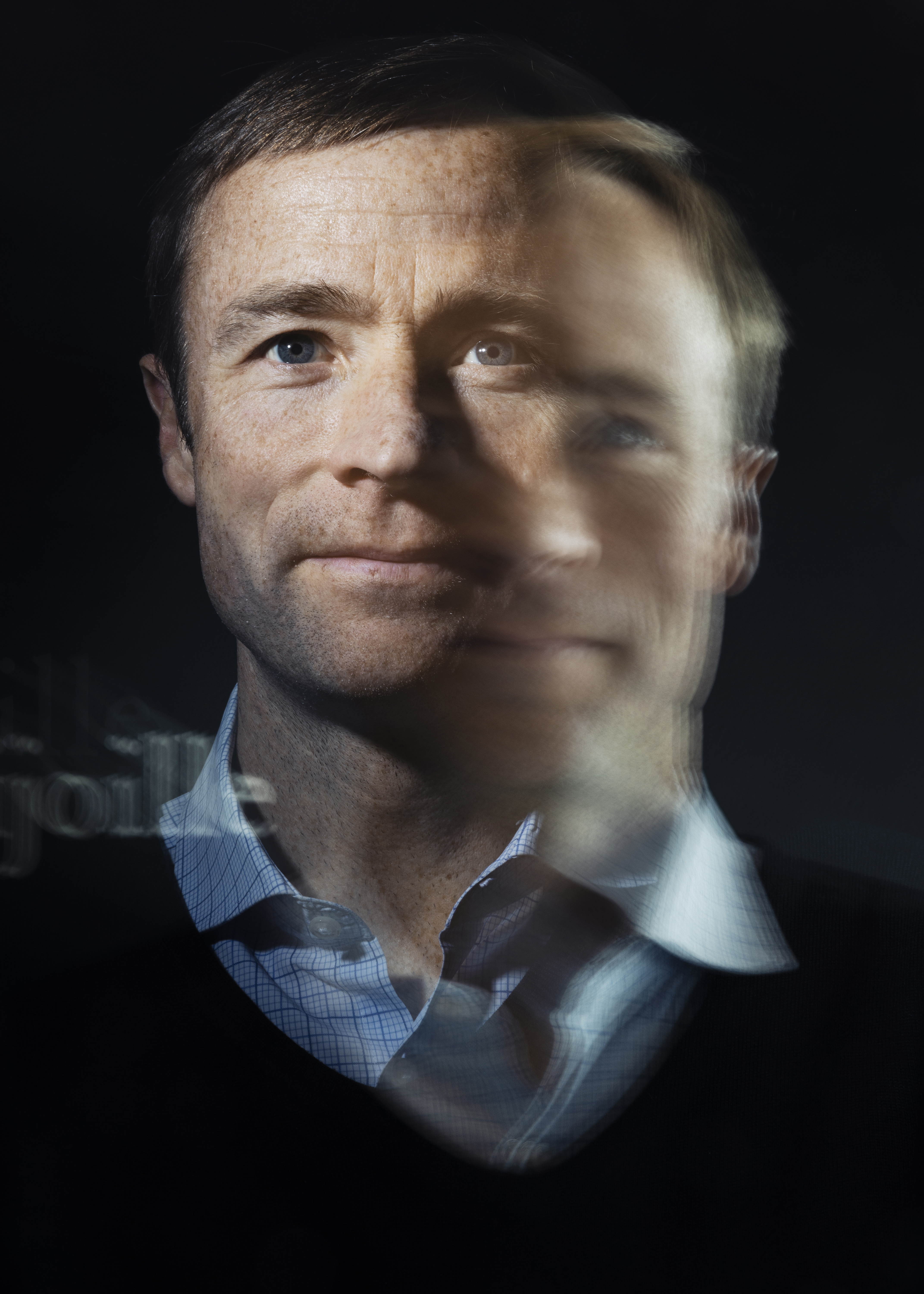 Bio: Prof. Jevin D. West is an Associate Professor in the Information School at the University of Washington. He is the co-founder of the new Center for an Informed Public at UW aimed at resisting strategic misinformation, promoting an informed society and strengthening democratic discourse. He is also the co-founder of the DataLab at UW, a Data Science Fellow at the eScience Institute, and Affiliate Faculty for the Center for Statistics & Social Sciences. His research and teaching focus on the impact of data and technology on science and society, with a focus on slowing the spread of misinformation. He is the co-author of the new book, Calling Bullshit: The Art of Skepticism in a Data-Driven World, which helps non-experts question numbers, data, and statistics without an advanced degree in data science.
Bio: Prof. Jevin D. West is an Associate Professor in the Information School at the University of Washington. He is the co-founder of the new Center for an Informed Public at UW aimed at resisting strategic misinformation, promoting an informed society and strengthening democratic discourse. He is also the co-founder of the DataLab at UW, a Data Science Fellow at the eScience Institute, and Affiliate Faculty for the Center for Statistics & Social Sciences. His research and teaching focus on the impact of data and technology on science and society, with a focus on slowing the spread of misinformation. He is the co-author of the new book, Calling Bullshit: The Art of Skepticism in a Data-Driven World, which helps non-experts question numbers, data, and statistics without an advanced degree in data science.
Values in Design? The role and relevance of ethics in software engineering
Abstract: Digital technologies are permeating and thereby affecting almost every aspect of our lives. Technologies are never given, but designed and developed, they are never neutral, but shaped by human desires and intentions while at the same time shaping us in return. Philosophy in general and ethics in particular provide methods to critically assess the relationships between us and the technologies we are developing, using or refusing. Drawing on insights from computer ethics and value-sensitive design, I will distinguish three approaches to ethics in software engineering namely as the 1) ethics of the profession, 2) ethics of the use of technologies and 3) ethics of the technological artefacts themselves. Given the increasingly dynamic and complex nature of many software projects, I will argue that accounting for values in software engineering, requires a combination of all three approaches as well as a recognition of the distribution of agency, power and responsibility in software as a socio-technical ecosystem.
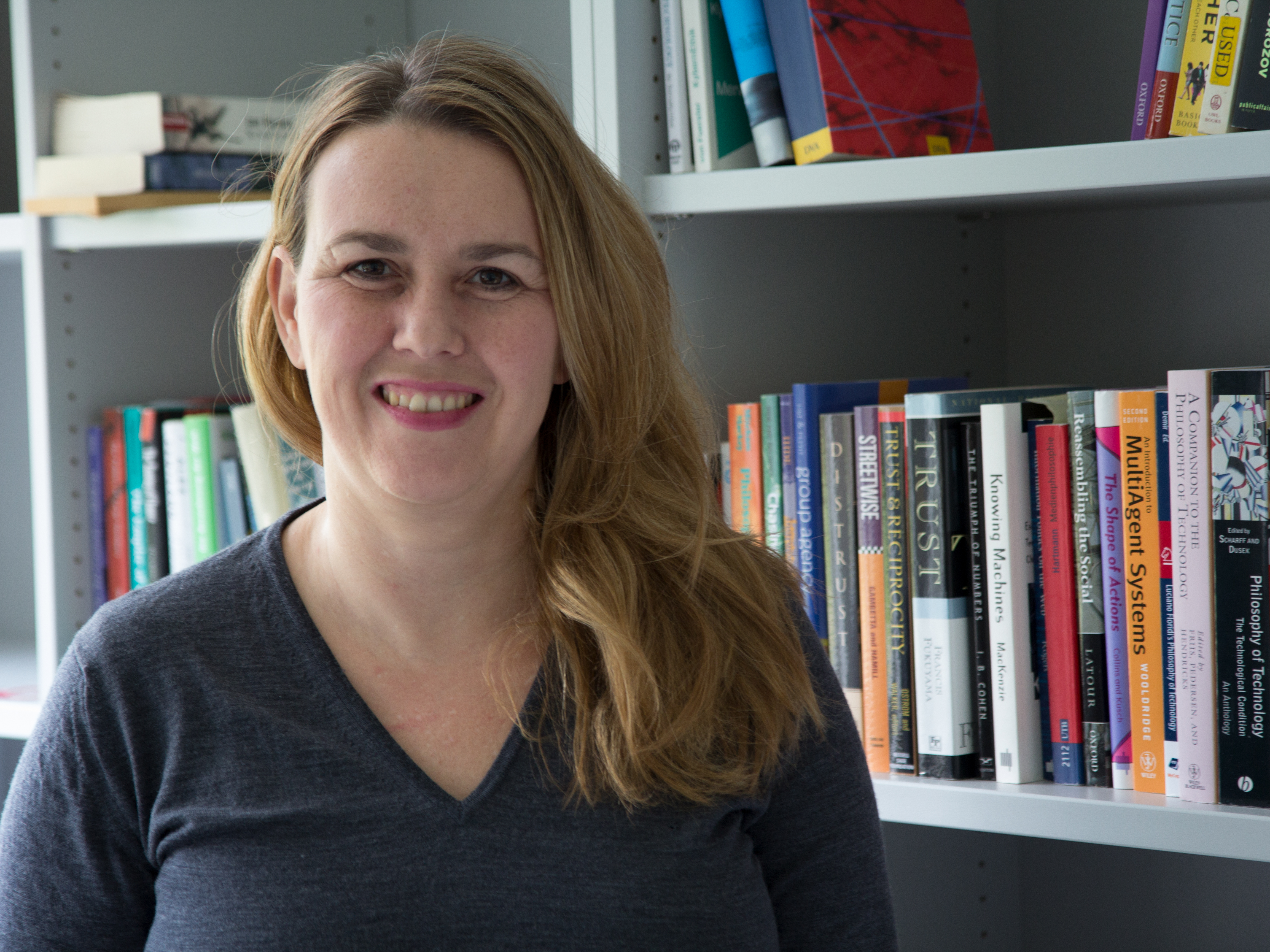
Autonomous Vehicles and Software Safety Engineering
Abstract: Safety assurance remains a significant hurdle for widespread deployment of autonomous vehicle technology. The emphasis for decades has been on getting the technology to work well enough on everyday situations. However, achieving safety for these life-critical systems requires more. While safety encompasses correct operation for the mundane, it also requires special attention to mitigating the risk presented by rare but high consequence potential loss events. In this talk I’ll cover some history of autonomous vehicle development and safety at the Carnegie Mellon National Robotics Engineering Center that led over the years to the development of the ANSI/UL 4600 standard for autonomous vehicle safety. I’ll also touch upon activities specific to safety engineering, an architectural pattern for machine learning safety (and why it’s not enough), why a heavy tail distribution of rare events makes ensuring safety so difficult, why brute force road testing won’t ensure safety, and the emergence of safety assurance cases as the approach of choice for autonomous vehicle safety.
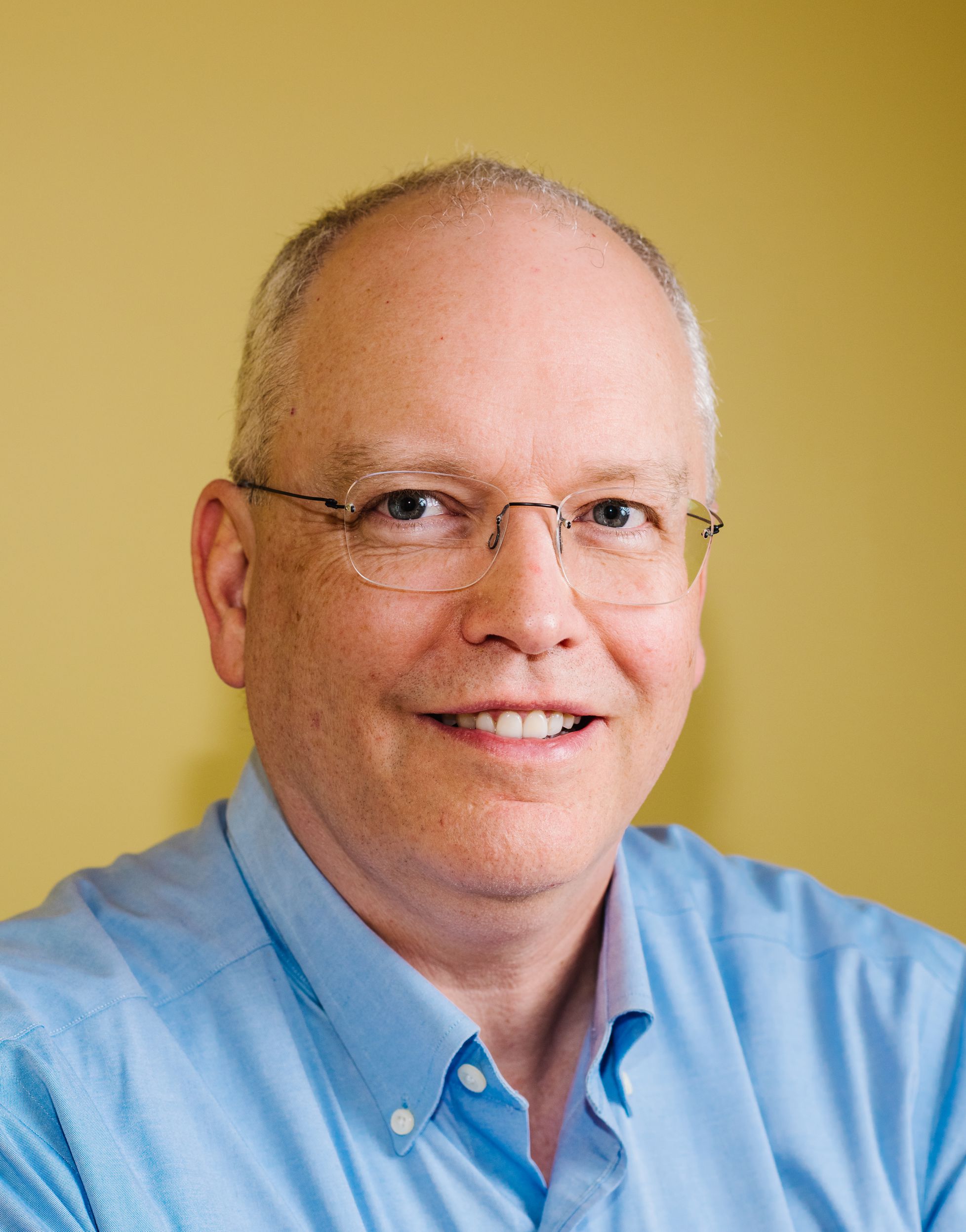 Bio: Prof. Philip Koopman is an internationally recognized expert on Autonomous Vehicle (AV) safety whose work in that area spans over 25 years. He is also actively involved with AV policy and standards as well as more general embedded system design and software quality. His pioneering research work includes software robustness testing and run time monitoring of autonomous systems to identify how they break and how to fix them. He has extensive experience in software safety and software quality across numerous transportation, industrial, and defense application domains including conventional automotive software and hardware systems. He was the principal technical contributor to the UL 4600 standard for autonomous system safety issued in 2020. He is a faculty member of the Carnegie Mellon University ECE department where he teaches software skills for mission-critical systems. In 2018 he was awarded the highly selective IEEE-SSIT Carl Barus Award for outstanding service in the public interest for his work in promoting automotive computer-based system safety.
Bio: Prof. Philip Koopman is an internationally recognized expert on Autonomous Vehicle (AV) safety whose work in that area spans over 25 years. He is also actively involved with AV policy and standards as well as more general embedded system design and software quality. His pioneering research work includes software robustness testing and run time monitoring of autonomous systems to identify how they break and how to fix them. He has extensive experience in software safety and software quality across numerous transportation, industrial, and defense application domains including conventional automotive software and hardware systems. He was the principal technical contributor to the UL 4600 standard for autonomous system safety issued in 2020. He is a faculty member of the Carnegie Mellon University ECE department where he teaches software skills for mission-critical systems. In 2018 he was awarded the highly selective IEEE-SSIT Carl Barus Award for outstanding service in the public interest for his work in promoting automotive computer-based system safety.
ACM SIGSOFT Outstanding Researcher keynote
Mathematicians, Social Scientists, or Engineers? The Split Minds of Software Engineering Researchers
Abstract: Three software engineering researchers meet at the reception bar of ICSE. The first one claims, with much conviction, that software systems are technical artefacts, many of them critical, and that therefore our duty, as researchers, is to ensure, through mathematical means, that systems are provably correct, safe, and secure. No other objective is a worthwhile academic endeavor or deserving intellectual respect. The second fellow points out that software systems are developed by people and that therefore social, organizational, and psychological aspects play a predominant role in successfully developing software. Developers must indeed be happy, diverse, and meet various other desirable qualities. Ignoring such human factors leads inevitably to unsatisfactory solutions. The last researcher, on the other hand, points out that automation is the key to many software engineering problems and that we should develop technologies that demonstrate scalability to large systems and high performance in automating whatever task they target, lest our novel solutions should remain unused. After a much heated debate, and some drinking, they part ways frustrated and angry, more adamant than ever about their perspective on research and ready to tweet their disappointment to the world. Can we reconcile these three viewpoints in our community in such way to increase the impact of our research? What does having impact entail as a researcher? Should researchers even seek impact?
Bio: Prof. Lionel C. Briand is professor of software engineering and has shared appointments between (1) The University of Ottawa, Canada and (2) The SnT centre for Security, Reliability, and Trust, University of Luxembourg. In collaboration with colleagues, over 25 years, he has run many collaborative research projects with companies in the automotive, satellite, aeropsace, energy, financial, and legal domains. Lionel has held various engineering, academic, and leading positions in six countries. He was one of the founders of the ICST conference (IEEE Int. Conf. on Software Testing, Verification, and Validation, a CORE A event) and its first general chair. He was also EiC of Empirical Software Engineering (Springer) for 13 years and led, in collaboration with first Victor Basili and then Tom Zimmermann, the journal to the top tier of the very best publication venues in software engineering.
Lionel was elevated to the grades of IEEE Fellow and ACM Fellow for his work on software testing and verification. He was granted the IEEE Computer Society Harlan Mills award, the ACM SIGSOFT outstanding research award, and the IEEE Reliability Society engineer-of-the-year award, respectively in 2012, 2022, and 2013. He received an ERC Advanced grant in 2016 — on the topic of modelling and testing cyber-physical systems — which is the most prestigious individual research award in the European Union. He currently holds a Canada Research Chair (Tier 1) on “Intelligent Software Dependability and Compliance”. His research interests include: software testing and verification, applications of AI in software engineering, model-driven software development, requirements engineering, and empirical software engineering.
Most Influential Paper from ICSE 2012 keynote
The Naturalness of Software, and the roots and branches thereof
Abstract: Our work, 10 years ago, began with spirited debates over Gabel & Su’s inspired discovery of the non-uniqueness of software. Our discussions led to the finding that statistical language models (from NLP) were amazingly effective at modeling and predicting code; our work, together with the explosive proliferation of deep learning, has led to a spate of applications, culminating in the recent advent of the GPT-3/Codex language model in Visual Studio, which most of us know as GitHub Copilot. Copilot has fulfilled much of the disruptive potential that we actually wrote about, 10 years ago, in our ICSE submission. Since then, our work has explored the question of Why Code is so Natural; this led us to posit the dual-channel model of code, where one channel is noisy and the other formal. This model promises new ways of training models for SE tasks, as well as new ways of thinking about program understanding, code reading, and teaching programming.
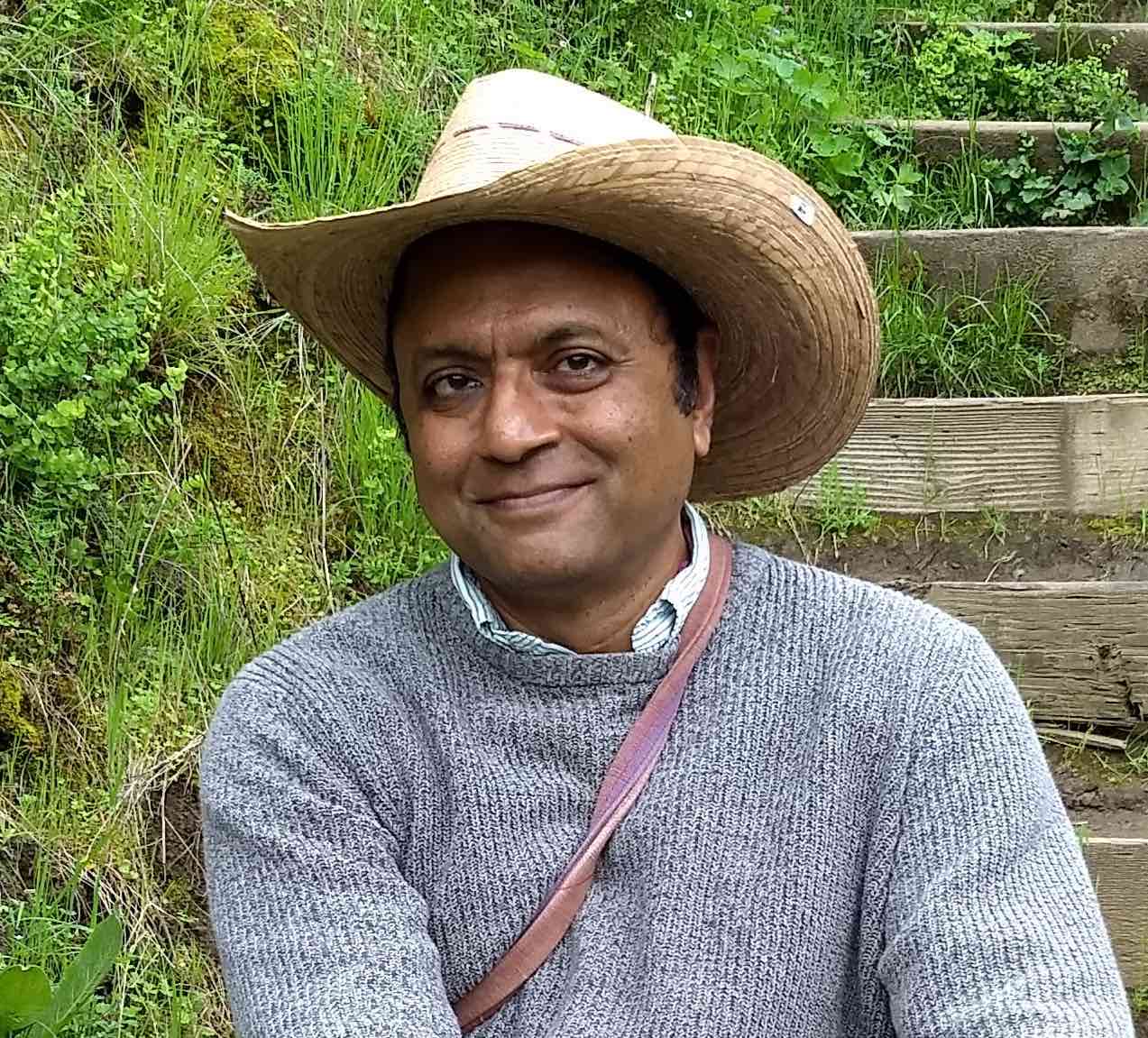
|
Bio: Prof. Prem Devambu is Distinguished Professor of Computer Science at UC Davis. He received his B.Tech from IIT Madras, and his Ph.D from Rutgers University under Alex Borgida. After a career in Industrial R&D at Bell Labs in New Jersey, he joined UC Davis. He has worked in several areas, including Software tools, Secure Data Outsourcing, Empirical Software Engineering, and the Naturalness of Software, and applications thereof. Five of his papers (in MSR 2006, MSR 2009, ESEC/FSE 2008, ESEC/FSE 2009, ESEC/FSE 2011) have won “test-of-time” or “10 year most influential paper” awards. He also won the ACM SIGSOFT Outstanding Research Award in 2021, “for profoundly changing the way researchers think about software by exploring connections between source code and natural language”. He is an ACM Fellow. |

|
Bio: Prof. Abram Hindle is an associate professor of Computing Science at the University of Alberta. His research focuses on problems relating to mining software repositories, improving software engineering-oriented information retrieval with contextual information, the impact of software maintenance on software energy consumption, and how software engineering informs computer music. He likes applying machine learning in music, art, and science. Sadly Abram has no taste in music and produces reprehensible sounding noise using his software development abilities. Abram received a PhD in computer science from the University of Waterloo, and Masters and Bachelors in Computer Science from the University of Victoria. Contact him at abram.hindle@ualberta.ca http://softwareprocess.ca. |
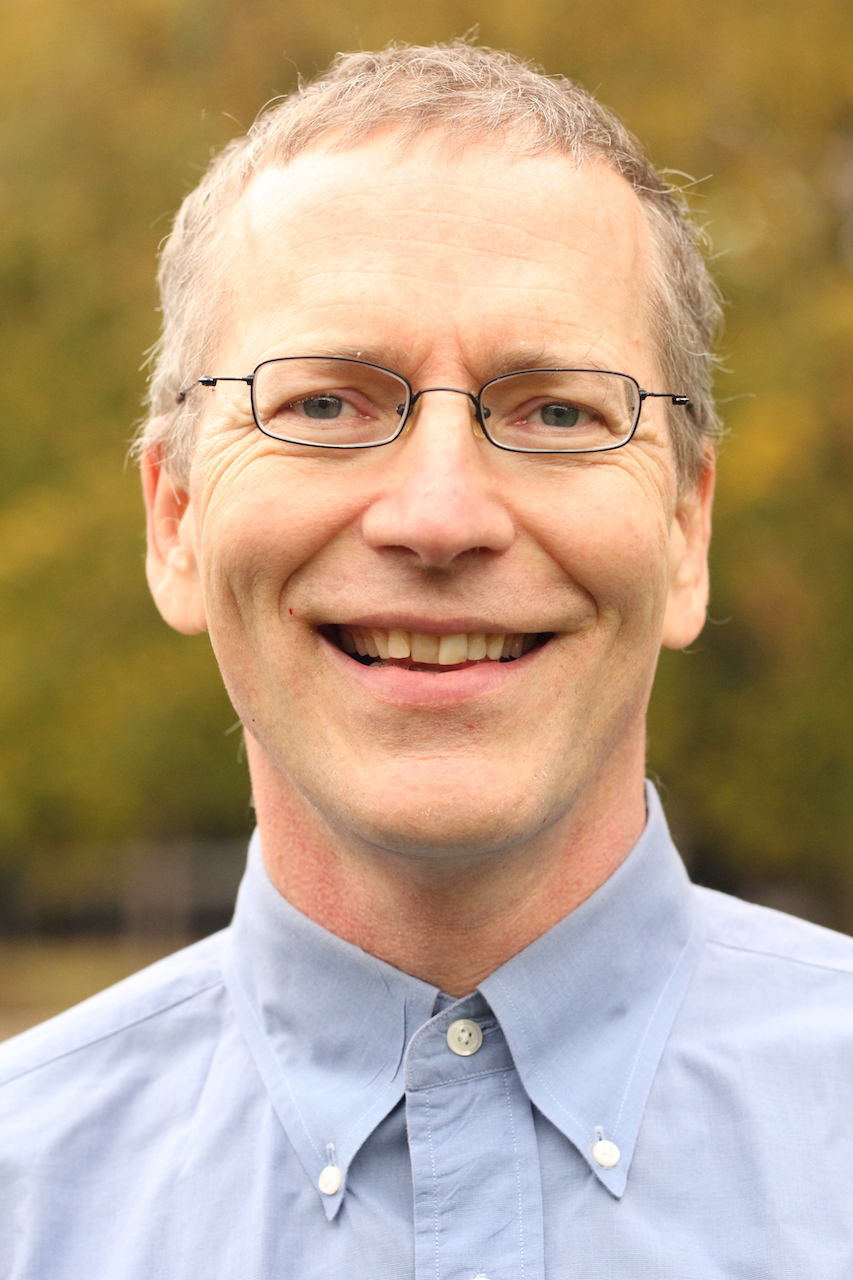
|
Bio: Prof. Earl T. Barr is a professor of computer science at the University College London. He received his PhD at UC Davis in 2009. Earl's research interests include machine learning for software engineering (and vice versa), debugging, testing and analysis, game theory, and computer security. His recent work focuses on probabilistically quantifying program equivalence, probabilistic type inference, and dual channel constraints. With then exception of a current, pandemic-imposed hiatus, Earl dodges vans and taxis on his bike commute in London. |
Doctoral Symposium Keynote
Becoming and being a researcher–what I wish someone told me when I started
Abstract: The talk will start by asking some fundamental questions: Why do we do research? What is the role of research in society? Is there just one legitimate kind of research? What is a good research? I will then dig into three crucial issues: making research results public, evaluating research (and researchers), research and ethics. The talk is based on my recent book Being a Researcher–An Informatics Perspective, Springer 2020 (https://link.springer.com/book/10.1007/978-3-030-45157-8).
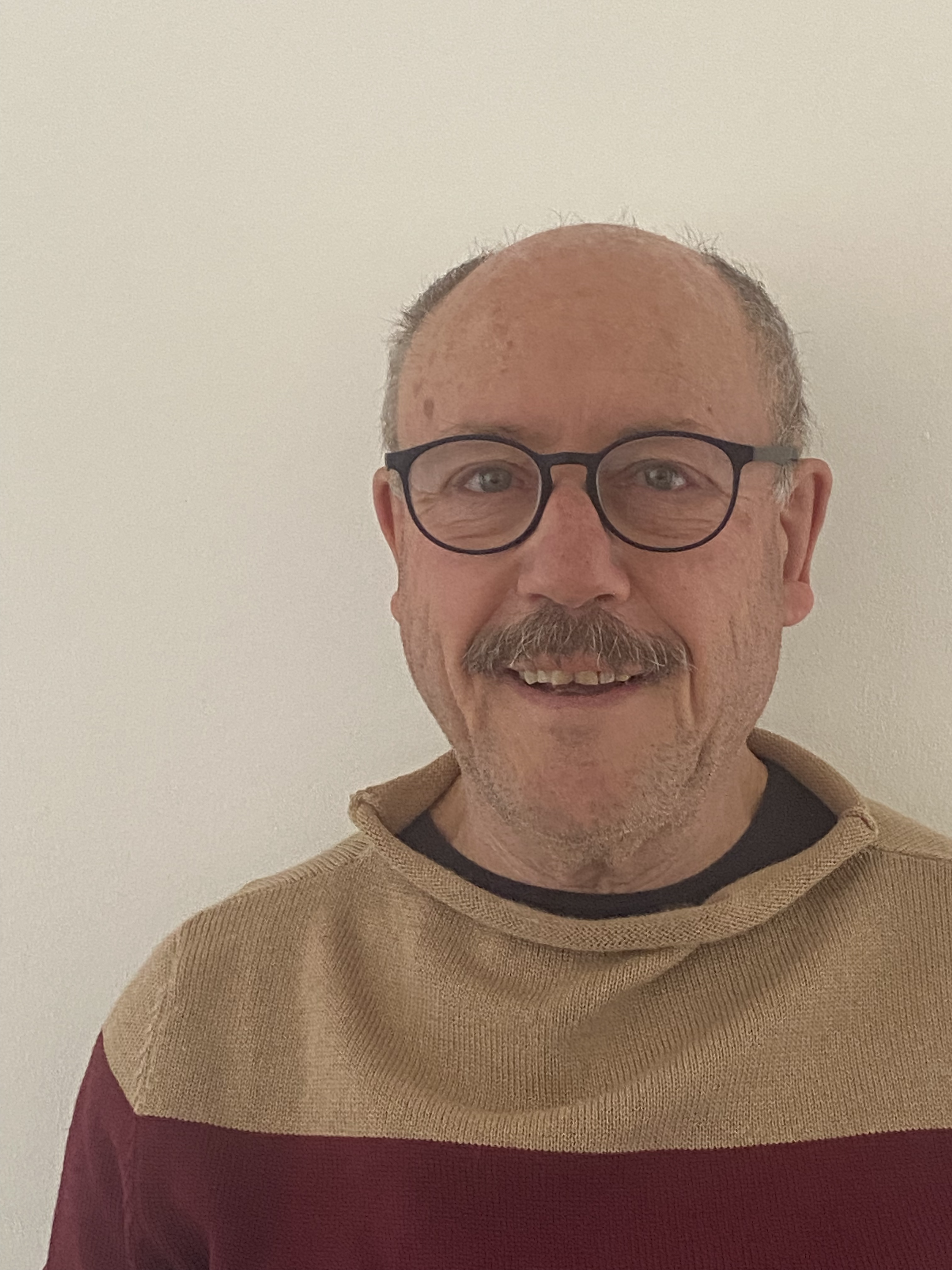
Bio: Prof. Carlo Ghezzi is an Emeritus Professor at Politecnico di Milano. He is ACM Fellow (1999), IEEE Fellow (2005), a member of the European Academy of Sciences and of the Italian Academy of Sciences (Istituto Lombardo). He received the ACM SIGSOFT Outstanding Research Award, the Distinguished Service Award, and the IEEE-TCSE Distinguished Education Award. He has been President of Informatics Europe. He has been a member of the program committee of flagship conferences in the software engineering field, such as the ICSE and ESEC/FSE, for which he also served as Program and General Chair. He has been Editor-in-Chief of ACM TOSEM and member of the editorial board of several journals, including IEEE TSE, Communications of the ACM, and Science of Computer Programming. He has done research in programming languages and software engineering for over 40 years and has been a recipient of an ERC Advanced Grant on self-adaptive software systems. He has published over 200 papers in international journals and conferences and co-authored 6 books. He is currently active in a trans-disciplinary debate on Digital Humanism, which aims at reflecting on the relation between humans and digital technologies and the need to keep humans at the center of the digital world we are creating. He recently co-edited an open access book on this topic (https://dighum.ec.tuwien.ac.at/perspectives-on-digital-humanism/).
Tue 10 MayDisplayed time zone: Eastern Time (US & Canada) change
09:00 - 09:30 | OpeningAll plenary events / Technical Track / Keynotes at ICSE Plenary room Chair(s): Matthew B Dwyer University of Virginia, Daniela Damian University of Victoria, Andreas Zeller CISPA | ||
09:30 - 10:30 | ICSE KeynoteAll plenary events / Technical Track / Keynotes at ICSE Plenary room Chair(s): Andreas Zeller CISPA | ||
09:30 60mKeynote | Building a more resilient and reliable field of software engineeringICSE keynote Keynotes | ||
14:00 - 15:00 | Town HallAll plenary events at Town Hall room Chair(s): Ladan Tahvildari University of Waterloo, Thomas Zimmermann Microsoft Research | ||
Wed 11 MayDisplayed time zone: Eastern Time (US & Canada) change
09:00 - 09:30 | Awards 1All plenary events / Technical Track / Keynotes at ICSE Plenary room Chair(s): Sebastian Elbaum University of Virginia | ||
09:30 - 10:30 | ICSE KeynoteAll plenary events / Technical Track / Keynotes at ICSE Plenary room Chair(s): Daniela Damian University of Victoria | ||
09:30 60mKeynote | Values in Design? The role and relevance of ethics in software engineeringICSE keynote Keynotes | ||
Thu 12 MayDisplayed time zone: Eastern Time (US & Canada) change
09:00 - 09:30 | Awards 2All plenary events / Technical Track / Keynotes at ICSE Plenary room Chair(s): Sebastian Elbaum University of Virginia | ||
09:30 - 10:30 | ICSE KeynoteAll plenary events / Technical Track / Keynotes at ICSE Plenary room Chair(s): Matthew B Dwyer University of Virginia | ||
09:30 60mKeynote | Autonomous Vehicles and Software Safety EngineeringICSE keynote Keynotes | ||
Fri 13 MayDisplayed time zone: Eastern Time (US & Canada) change
09:00 - 09:30 | Most Influential Paper from ICSE 2012 keynoteAll plenary events / Technical Track / Keynotes at ICSE Plenary room Chair(s): Sebastian Elbaum University of Virginia | ||
09:00 30mKeynote | The Naturalness of Software, and the roots and branches thereofMost Influential Paper from ICSE 2012 keynote Keynotes K: Prem Devanbu Department of Computer Science, University of California, Davis, K: Abram Hindle University of Alberta, K: Earl T. Barr University College London, UK | ||
09:30 - 10:00 | ACM SIGSOFT Outstanding Researcher keynoteAll plenary events / Technical Track / Keynotes at ICSE Plenary room Chair(s): Andreas Zeller CISPA | ||
09:30 30mKeynote | Mathematicians, Social Scientists, or Engineers? The Split Minds of Software Engineering ResearchersACM SIGSOFT Outstanding Researcher keynote Keynotes | ||
10:00 - 10:30 | ClosingAll plenary events / Technical Track / Keynotes at ICSE Plenary room Chair(s): Matthew B Dwyer University of Virginia | ||
Wed 25 MayDisplayed time zone: Eastern Time (US & Canada) change
08:45 - 09:30 | |||
Fri 27 MayDisplayed time zone: Eastern Time (US & Canada) change
15:30 - 16:00 | |||